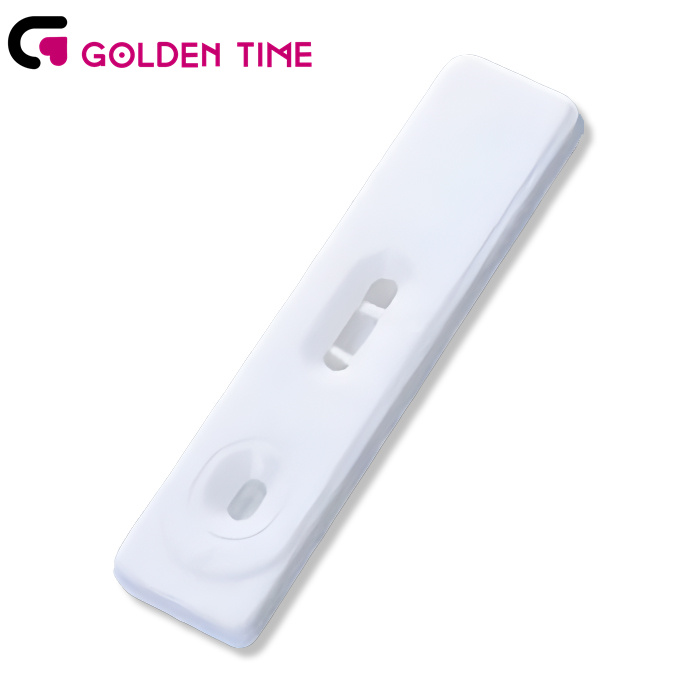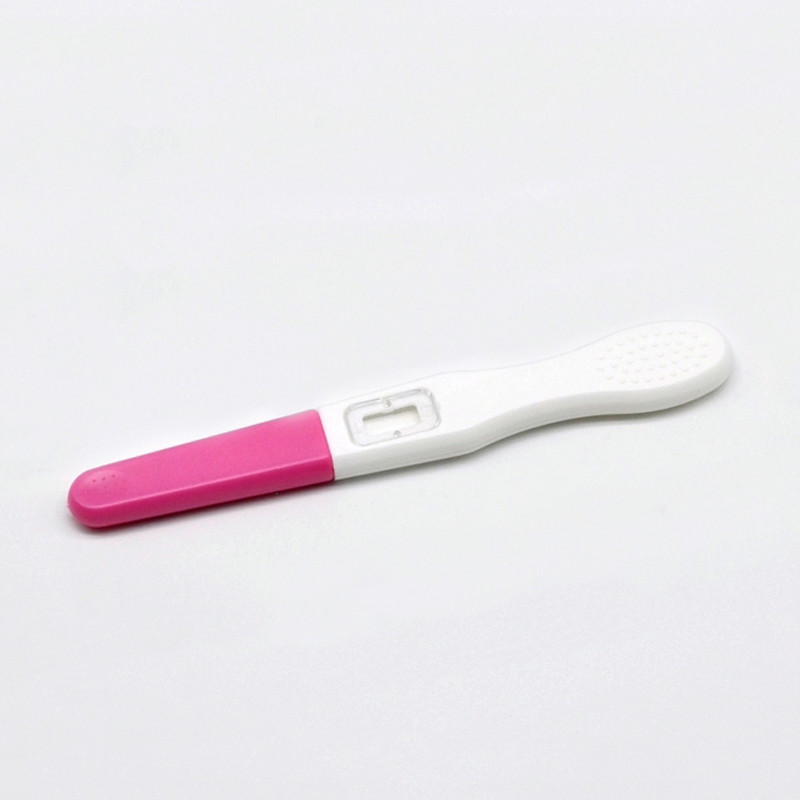Jan . 22, 2025 00:53 Back to list
typhoid igg igm
Understanding Typhoid IgG and IgM Navigating the Nuances of Diagnosis and Treatment
Accurate and timely diagnosis hinges upon skilled interpretation of these serological markers. Healthcare professionals leverage their expertise to integrate these antibody signals with clinical symptoms and patient history for a holistic assessment. This integrated approach is vital, given that relying solely on serological tests can be misleading due to false positives from past vaccinations or cross-reactivity with other Salmonella species. The Widal test, which measures IgG and IgM levels, has long been a conventional method for typhoid diagnosis. However, it demands cautious application due to variable sensitivity and specificity across different populations and regions. Emerging diagnostic tools, like the Typhidot and TUBEX tests, offer improved specificity and quicker turnaround times, emphasizing the importance of choosing the right diagnostic tool tailored to the clinical setting. Clinicians' expertise further extends to patient counseling and treatment planning, where understanding antibody dynamics informs antibiotic therapy. Appropriate antimicrobial therapy, rooted in clinical evidence, is crucial to thwart severe complications and curb antimicrobial resistance, a rising threat in typhoid management. The credibility of these diagnostic approaches and treatment plans is reinforced by accumulating real-world evidence. Clinical trials, retrospective studies, and continuous field evaluations enrich our understanding of typhoid fever's epidemiology and resistance patterns, reinforcing authoritative guidelines from global health entities like the World Health Organization. In conclusion, the interplay of IgG and IgM antibodies in typhoid diagnosis underscores the importance of expertise, authoritative knowledge, and patient-specific considerations. By integrating clinical acumen with evolving diagnostic advancements, healthcare professionals can offer accurate diagnoses, guide effective treatment decisions, and build patient trust through reliable and authoritative care pathways. Such efforts are indispensable in the global fight against typhoid fever, ensuring patient safety and public health sustainability.


Accurate and timely diagnosis hinges upon skilled interpretation of these serological markers. Healthcare professionals leverage their expertise to integrate these antibody signals with clinical symptoms and patient history for a holistic assessment. This integrated approach is vital, given that relying solely on serological tests can be misleading due to false positives from past vaccinations or cross-reactivity with other Salmonella species. The Widal test, which measures IgG and IgM levels, has long been a conventional method for typhoid diagnosis. However, it demands cautious application due to variable sensitivity and specificity across different populations and regions. Emerging diagnostic tools, like the Typhidot and TUBEX tests, offer improved specificity and quicker turnaround times, emphasizing the importance of choosing the right diagnostic tool tailored to the clinical setting. Clinicians' expertise further extends to patient counseling and treatment planning, where understanding antibody dynamics informs antibiotic therapy. Appropriate antimicrobial therapy, rooted in clinical evidence, is crucial to thwart severe complications and curb antimicrobial resistance, a rising threat in typhoid management. The credibility of these diagnostic approaches and treatment plans is reinforced by accumulating real-world evidence. Clinical trials, retrospective studies, and continuous field evaluations enrich our understanding of typhoid fever's epidemiology and resistance patterns, reinforcing authoritative guidelines from global health entities like the World Health Organization. In conclusion, the interplay of IgG and IgM antibodies in typhoid diagnosis underscores the importance of expertise, authoritative knowledge, and patient-specific considerations. By integrating clinical acumen with evolving diagnostic advancements, healthcare professionals can offer accurate diagnoses, guide effective treatment decisions, and build patient trust through reliable and authoritative care pathways. Such efforts are indispensable in the global fight against typhoid fever, ensuring patient safety and public health sustainability.
Next:
Latest news
-
Highly Accurate hCG Pregnancy Test Strips - 5 Min Results
NewsAug.02,2025
-
Premium Empty ABS Plastic Cassettes: Durable & Lightweight Storage
NewsAug.01,2025
-
Accurate Cocaine (Coc) Rapid Test Kit | Fast & Reliable Detection
NewsJul.31,2025
-
Accurate HCG Pregnancy Test Strips | Fast Home Use Kit
NewsJul.31,2025
-
Reliable Early Pregnancy Test Kit Supplier - Multi Plastic Cassette Options
NewsJul.30,2025
-
Transferrin Rapid Test Cassette – Reliable Tumor Marker Detection
NewsJul.29,2025

